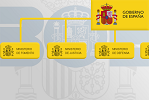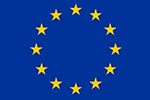Higher education
Content
Organisation
Higher education is the next and final step after secondary education.
Traditionally, such teaching has been imparted through different university studies and higher-level vocational training.
University studies
Bachelor’s degree courses
The purpose of a degree is to enable the student to obtain a general education in one or more disciplines oriented towards work of a professional nature.
Completing a degree gives the student the right to obtain a bachelor's degree with the specific denomination that appears in the Registry of Universities, Centres and Degrees (RUCT)![]() , depending on each case.
, depending on each case.
Master’s degree courses
The purpose of a Master’s degree is to enable the student to receive advanced training of a specialised or multidisciplinary nature oriented towards academic or professional specialisation or to promote the initiation of research.
Completing a Master’s degree gives the student the right to obtain a Master's Degree with the specific denomination that appears in the Registry of Universities, Centres and Degrees (RUCT).
PhD courses
A PhD or doctoral degree course is the third cycle of university studies, which leads to the acquisition of the competencies and skills related to quality scientific research.
Successful completion of a PhD gives the student the right to obtain the title of Doctor, with the specific denomination that appears in the Registry of Universities, Centres and Degrees (RUCT).
Effect of university qualifications
The above university degrees will be official and valid throughout the national territory with full academic effect and, as the case may be, qualify the student to carry out regulated activities of a professional nature in accordance with the legislation that applies in each case.
In the case of degrees providing access to professional activities that are regulated in Spain (for example, the fields of engineering and architecture, health sciences, social sciences and law, professional activities that involve teaching), the Government will establish the conditions to be met by the respective syllabuses, which must also be adapted to the applicable European legislation, where appropriate.
To learn more about the organisation of university studies, consult the information provided by the Ministry of Universities![]() .
.
Higher-level vocational training
This is organised into training cycles that span two academic years.
They give access to the Level 3 qualification and the qualification of Advanced Technician, which grants admission to university studies.
To access the higher-level vocational training cycles, one of the following conditions must be met:
-
The student must have a Baccalaureate.
-
They must have qualified as Intermediate Level Technicians and have attended a special training course granting access to higher level cycles in public or private centres authorised by the Education Authorities.
-
They must have pass the exam granting access to higher level vocational training cycles or the university entrance exam for persons aged over 25.
More information on the organisation of higher level vocational training is available on the TodoFP website![]() .
.
Information for each Autonomous Community


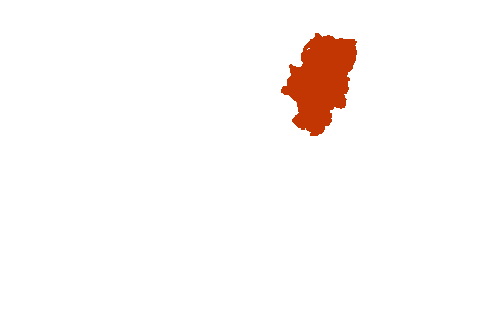


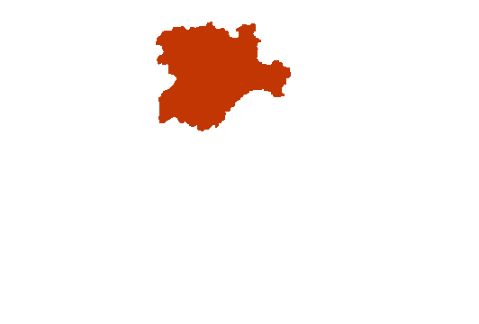
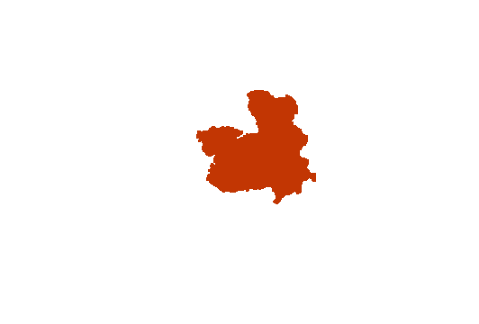






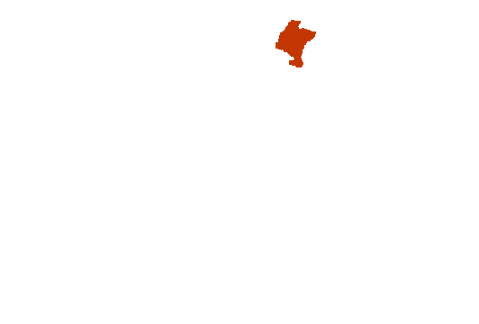

Andalucía Aragón Asturias, Principado de Balears, Illes Canarias Cantabria Castilla y León Castilla-La Mancha Cataluña Ciudad de Ceuta Ciudad de Melilla Comunitat Valenciana Extremadura Galicia Madrid, Comunidad de Murcia, Región de Navarra, Comunidad Foral de País Vasco Rioja, La
Legal and/or technical references
-
Organic Law 2/2023 of 22 March on the university system.

-
Royal Decree 822/2021 of 28 September establishing the organisation of university education and the related quality assurance procedure.

-
Royal Decree 99/2011 of 28 January 2011 regulating official doctoral degree studies.

-
Royal Decree No 1147/2011 of 29 July 2011 establishing the general structure of vocational training in the education system.

-
Basic State legislation on vocational training








